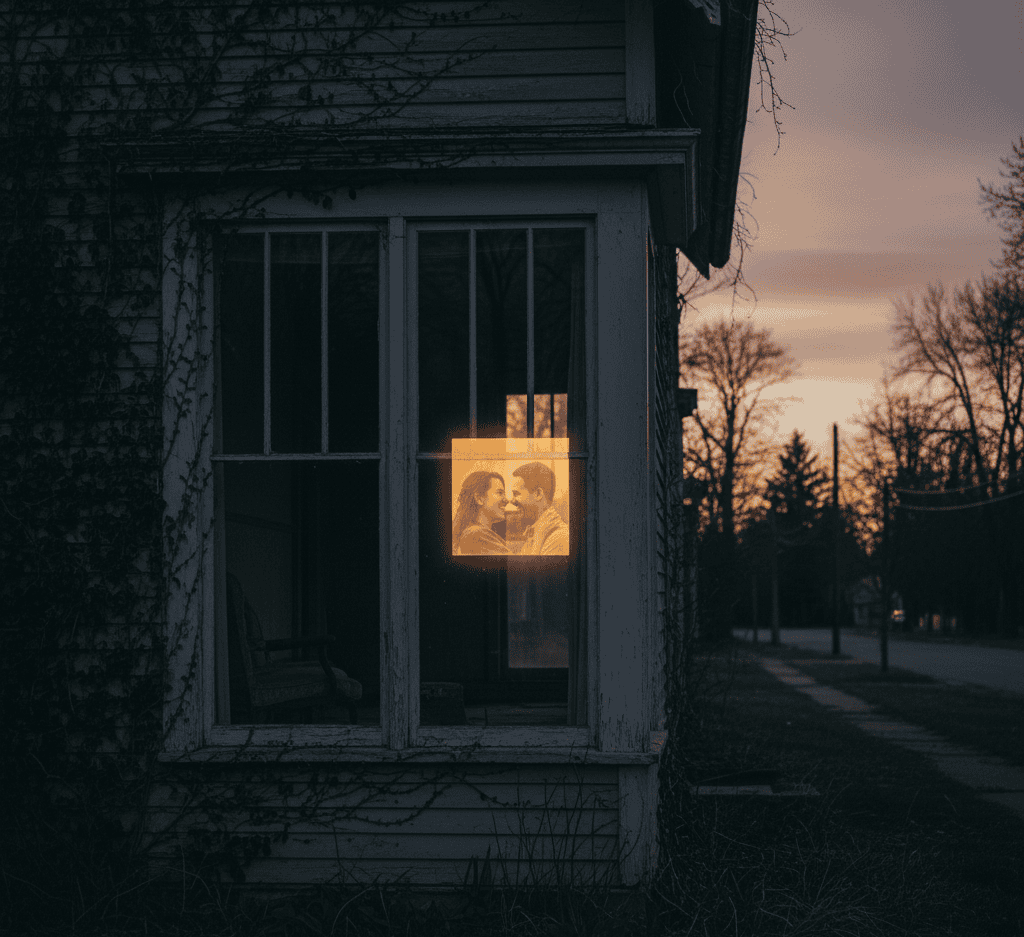There is something both eerie and oddly tragic about the idea of a ghost who doesn’t know they’re dead.
Movies often show spirits rattling chains or slamming doors in anger, but what if some are simply confused souls, replaying their last moments or wandering places they loved in life?
Across cultures and ghost stories, one theory keeps appearing again and again — that some spirits remain because they never realized they crossed the line between life and death.
The reasons why are mysterious, but maybe, just maybe, they tell us something about how memory, emotion, and energy linger long after the body is gone.
Stuck in the Last Moment
Many paranormal believers think that certain spirits become trapped in a kind of loop, a replay of their final moment.
Imagine a miner in an old coal town who died suddenly in an explosion. He might still be walking the tunnels, unaware that the mine is now abandoned, repeating the routine he did every day.
Some call this the “residual energy” theory. It’s not that the ghost has a mind of its own but rather that a powerful emotion, like fear or pain, imprinted itself on the environment.
But others think these souls are conscious, not echoes. They are caught between worlds, unable to move on because they don’t understand what happened.
Psychics often describe sensing a kind of confusion or denial in such spirits. They might still feel hunger, fatigue, or even a need to go home.
To them, the world looks unchanged, even though decades or centuries have passed. It’s a haunting idea that death can feel so normal that one might not even notice it.
When Death Feels Like Life
Another explanation is that some people die so quickly or violently that their minds never register the separation.
If a person dies in a crash, for instance, they might wake up moments later in the same place, thinking they survived.
They try to talk to loved ones, but no one answers. They try to move objects, but nothing happens.
Slowly, frustration sets in, and strange activity begins. This might be why ghost stories often feature restless or angry spirits — not out of malice, but out of sheer confusion.
In this theory, the afterlife is not instant. The spirit clings to familiar surroundings until realization dawns.
Some paranormal investigators say that’s why hauntings fade over time. Once the spirit understands or accepts what happened, it finally moves on.
It’s almost comforting to think that realization brings peace, even after death. This idea also raises an interesting question about human awareness.
If our sense of “being alive” is so tied to habit, then maybe death is not always an immediate awakening, but a slow understanding that something has changed.
The Power of Denial
Denial is a powerful thing, and some believe it can even carry over into death. People who cannot accept their fate may linger, clinging to a life that no longer exists.
This often appears in stories about mothers searching for their lost children or soldiers still standing guard over old battlefields.
In older folklore, this was sometimes described as a kind of punishment, not necessarily from a higher power, but from within.
The more someone resists the truth, the heavier their energy becomes.
Some spiritualists even suggest that ghosts like this are not trapped by walls or cemeteries, but by their own refusal to let go.
Countless tales echo this pattern. A woman is seen brushing her hair every night in a mirror that now belongs to another family.
A man who knocks on the same door he died outside of. To the living, it’s unsettling. To the dead, it’s routine.
They’re simply continuing their lives the only way they know how.
Energy That Doesn’t Fade
A final theory doesn’t see these ghosts as confused souls at all, but as pure energy left behind. Every human thought, emotion, and movement sends ripples through the world.
Some believe those ripples never entirely disappear. If an event is powerful enough, especially one filled with emotion, it can leave behind a kind of living energy that behaves like the person who created it.
In that sense, the ghost doesn’t need to “know” anything — it simply es. Like a song echoing after the music stops, or the warmth that lingers long after a fire burns out.
It’s not sadness or confusion keeping it alive, but the simple persistence of energy itself. For some, this is a more scientific way to think about hauntings.
For others, it makes them even more fascinating. The world could be full of invisible remnants of emotion, looping and repeating, waiting for the right moment to be felt again.
Maybe We All Leave Something Behind
Whether these theories are spiritual, psychological, or scientific, they share a common thread: that our experiences matter deeply enough to leave a mark.
If ghosts don’t know they’re dead, it might not just be because of confusion or fear. It might be because their love for life was too strong to fade instantly.
There’s something strangely beautiful about that thought. That laughter, anger, grief, or devotion could echo beyond our final breath.
That somewhere, in a quiet house or down an empty road, a presence lingers not out of evil, but out of familiarity.
So the next time you feel a chill in an old room or hear a faint step when no one’s there, maybe it’s not something sinister.
Maybe it’s just someone who hasn’t realized the story is over yet. Or maybe, like the rest of us, they’re simply trying to remember how to let go.

Siempre sentí una fuerte conexión con lo Divino desde mi nacimiento. Como autora y mentora, mi misión es ayudar a los demás a encontrar el amor, la felicidad y la fuerza interior en los momentos más oscuros.






